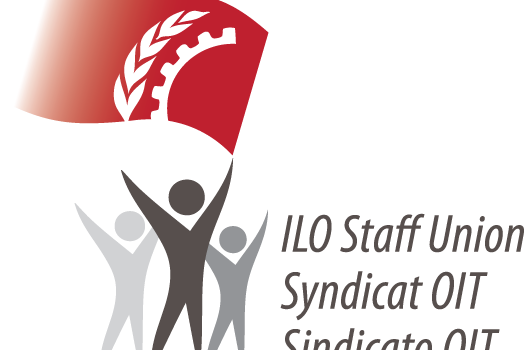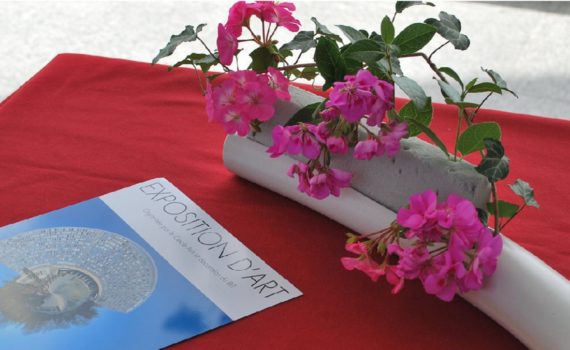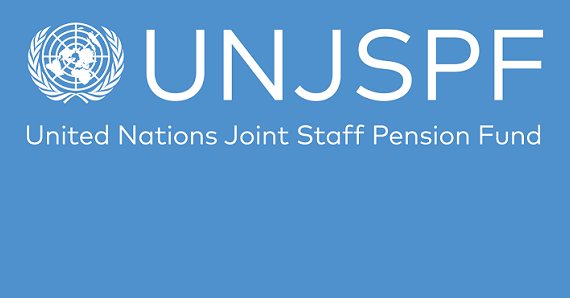Dear Mr Kientzler,
I refer to your letter of 9 June 2021 and would like to start by thanking you for the role that you and the Bureau of the Former Officials Section have played and continue to play in the context of the current pandemic. Your efforts and initiatives to facilitate contacts between the Office and the community of former officials have been much appreciated, especially in this difficult context.
We look forward to welcoming you and all former colleagues to the Office as soon as possible. However, unfortunately, we are not yet at the end of the tunnel. The policy measures taken in the wake of Covid-19, including widespread access to vaccination, have significantly improved the situation, but the pandemic remains.
The ILO’s senior management continues to monitor the Covid-19 situation closely and to make decisions based on the local epidemiological situation, the recommendations of the WHO and the host country and in consultation with other UN agencies. As always, the Office gives the highest priority to the safety and health of staff and visitors, including our former colleagues.
The latest decisions by the Swiss authorities confirm the gradual reopening in the country. However, teleworking continues to be recommended, and an increased return to the office is only possible under strict, specific conditions, including weekly testing of all staff who are present, reflecting the ongoing risks associated with the pandemic.
Taking all these factors into account, the Director General has decided to maintain the existing restrictions on access to the headquarters building. In addition, mandatory teleworking will continue to apply to all ILO headquarters staff until 2 August 2021.
During the interim period, the Office will develop updated policies and plans guiding the return to the office which will be communicated to all staff. As part of these arrangements, I anticipate that it will be possible to grant access for you yourself to work in the Section’s office, as was the case during the partial return to the office in 2020. However, due to the planned occupancy limitations, which are required for security and health purposes, it is unlikely that access will be granted to other members of the Bureau, with the exception of a deputy able to visit the office in your absence. In any case, these aspects will be considered in more detail once the new back-to-the-office policies are implemented.
With regard to the other issues you have raised, I would like to provide the following clarifications.
Regarding the entry badges of former officials, I confirm that the expiry date indicated on the badge does indeed remain in force. Therefore, when – and only when – the office premises are open to external visitors, badge holders will have to go to the accreditation office to have their badges renewed. For your own badge, renewal can be arranged during one of your visits to the office, as mentioned above.
As for communications sent out by the SHIF, I would like to confirm that, as already explained by the Fund’s Executive Secretary, all relevant information has continued to be distributed in hard copy by post to all retired insured members. In this connection, I wish to take this opportunity to ask for your help in continuing to promote the use of SHIF Online within the pensioner community, as this tool can greatly improve the level of services they get from the SHIF as well as the speed of their reimbursement. I would also like to inform you that an English-language webinar dedicated to reimbursements will be organized by the SHIF on 1 July at 2pm (CEST) for all insured members (active and retired) to explain the measures taken by the Fund in the context of the pandemic. Invitations will be sent out in due course and I count on your cooperation in encouraging the pensioner community to attend this important event, where they will have the opportunity to ask the SHIF team specific questions.
Regarding the reception for retired officials, I have taken note of your request and would like to assure you that the Office will continue to organize this event as usual, as soon as the health situation returns to normal and the premises of the Office can be safely used to hold large-scale meetings and events. Based on the current situation, however, it does not seem likely we can envisage organizing such an event before the end of this year.
With regard to the pre-retirement seminar, I would like to inform you that this activity was organized for ILO staff in autumn 2020 in virtual form and with a very reduced programme. In the spring of 2021, the seminar was again organized in virtual form in cooperation with UNOG and other agencies, and we are planning to offer our staff additional sessions this autumn. We will keep you informed of the dates of these sessions.
I would also like to thank you for the assistance provided by the Bureau of the Former Officials Section on matters relating to the Pension Fund. Owing to the closure of the UNJSPF premises, the ILO Pension Unit is receiving a growing number of enquiries from retired officials and their families, which we are unable to answer. It is therefore of the utmost importance to inform the pensioner community that enquiries concerning the Pension Fund for former ILO staff members, retirees, beneficiaries, survivors and family members should be addressed to the Pension Fund’s offices in Geneva or New York and that the ILO Pension Unit is not in a position to deal with their after-service pension issues.
In conclusion, let me assure you that the Office remains committed to a strong partnership with the Bureau of the Former Officials Section. We just need to be patient and continue to follow strict security measures to overcome the challenges of the pandemic together without placing any of our colleagues or former colleagues at risk, in order to return to a normal working environment as soon as possible. During this period, my team and I remain at your disposal for any virtual discussion and exchange of information you may require.
Yours sincerely,
André Bogui, Director
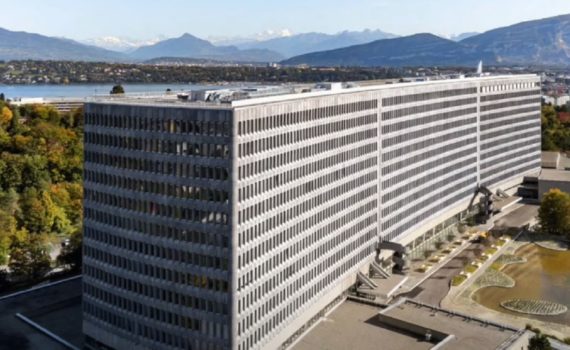
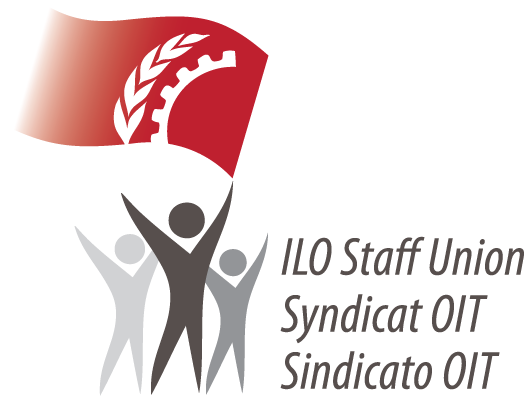 The Section of Former Officials of the ILO
The Section of Former Officials of the ILO
